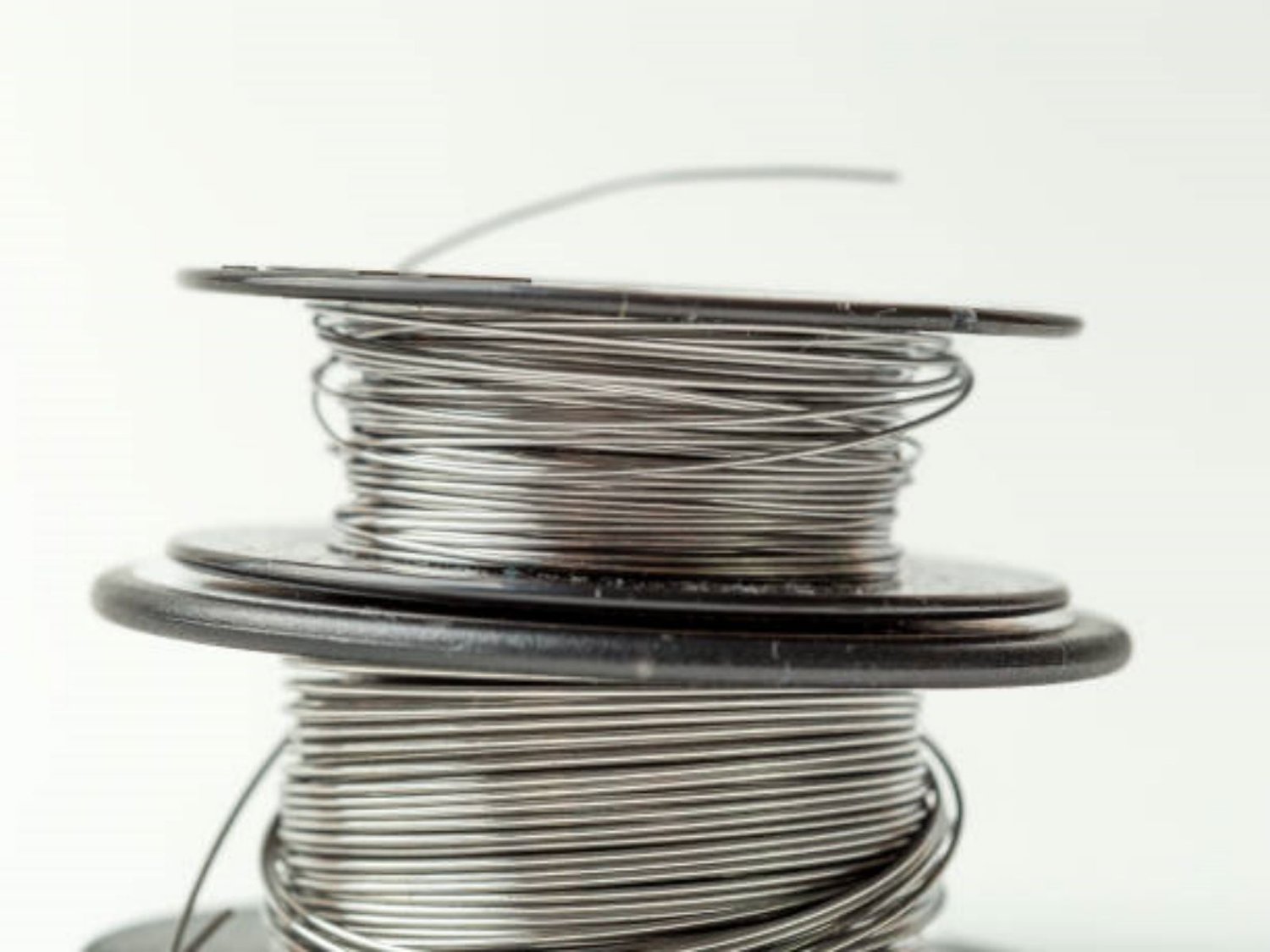Table of Contents

The Versatility of Titanium Wire in the Advancement of Modern Medical Devices
Titanium wire has revolutionized the field of modern medical devices, playing a crucial role in numerous applications and procedures. Its unique properties and excellent biocompatibility make it an ideal material for various medical applications. From implants to surgical instruments, titanium wire has become an indispensable component in the advancement of medical technology. This article explores the different aspects of titanium wire and its significant role in modern medical devices.
1. Titanium Wire: An Overview
Titanium wire is a high-strength, low-density metal alloy known for its exceptional corrosion resistance, biocompatibility, and lightweight nature. It is primarily composed of titanium, with small amounts of aluminum and vanadium for added strength and durability. This combination of properties makes titanium wire an excellent choice for medical device manufacturing.
2. Titanium Wire in Implantable Medical Devices
One of the most prominent applications of titanium wire is in the production of implantable medical devices. Titanium's biocompatibility and resistance to corrosion ensure that these devices can be safely implanted within the human body without adverse reactions. From orthopedic implants, such as hip and knee replacements, to dental implants and pacemaker leads, titanium wire plays a crucial role in enhancing the quality of life for countless individuals.
3. Strength and Durability for Surgical Instruments
Titanium wire's exceptional strength and durability make it an ideal material for manufacturing surgical instruments. Instruments made from titanium wire are lightweight yet robust, allowing surgeons to perform delicate procedures with ease. Titanium's resistance to corrosion also ensures that these instruments can withstand frequent sterilization and maintain their performance over time.
4. Titanium Wire in Orthodontics
Orthodontics has greatly benefited from the use of titanium wire. Its flexibility, combined with its shape memory properties, allows orthodontists to apply controlled forces to move teeth into their desired positions. Titanium wire ensures a more comfortable and efficient orthodontic treatment experience for patients.
5. Titanium Wire and Minimally Invasive Surgery
Minimally invasive surgery has revolutionized the medical field, allowing for shorter recovery times and reduced scarring. Titanium wire plays a crucial role in this advancement by providing the necessary strength and flexibility for minimally invasive instruments. These instruments allow surgeons to access and operate on internal organs and structures through small incisions, minimizing trauma to the patient.
6. Titanium Wire's Contribution to Medical Research
Titanium wire also plays a significant role in medical research. Its biocompatibility and ability to integrate with living tissue make it an invaluable material for developing and testing new medical devices and techniques. Researchers rely on titanium wire to create prototypes and conduct experiments that help advance medical knowledge and improve patient outcomes.
7. Titanium Wire's Role in Biomedical Engineering
Biomedical engineering utilizes titanium wire extensively in the design and development of medical devices. Whether it's creating innovative prosthetics, artificial joints, or advanced diagnostic tools, titanium wire provides the necessary strength, stability, and biocompatibility for these cutting-edge technologies.
8. Titanium Wire's Impact on Sports Medicine
Sports medicine heavily relies on titanium wire for various applications. From the surgical repair of ligaments and tendons to the fixation of fractures, titanium wire provides the necessary strength and stability required for athletes to recover and regain their full functionality. Its biocompatibility ensures that the body accepts the implants without triggering adverse reactions.
9. Titanium Wire's Future Potential in Medical Devices
The future potential of titanium wire in medical devices is vast. Ongoing research aims to enhance its properties further, such as improving its osseointegration capabilities for better implant integration. Titanium wire's unique combination of strength, biocompatibility, and corrosion resistance positions it as a material of choice for the development of next-generation medical devices.
10. Conclusion
Titanium wire plays an indispensable role in modern medical devices, revolutionizing the field of healthcare. Its versatility, biocompatibility, and exceptional properties make it a preferred material for implantable devices, surgical instruments, orthodontics, minimally invasive surgery, and biomedical engineering. As medical technology continues to advance, titanium wire is poised to play an even more significant role in improving patient outcomes and enhancing the quality of healthcare.
